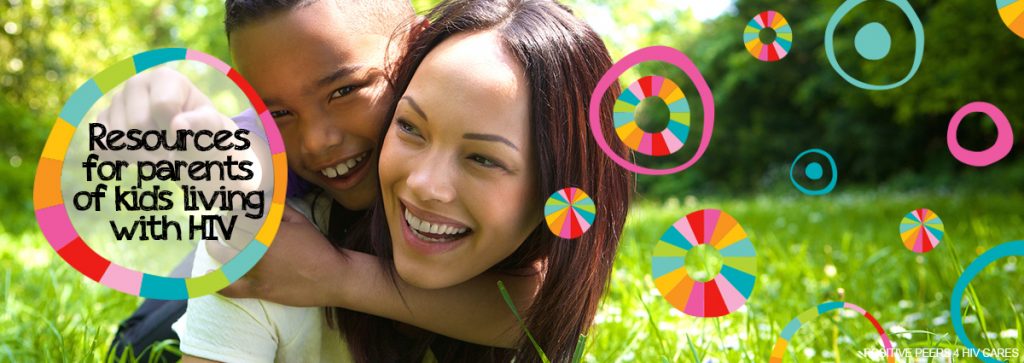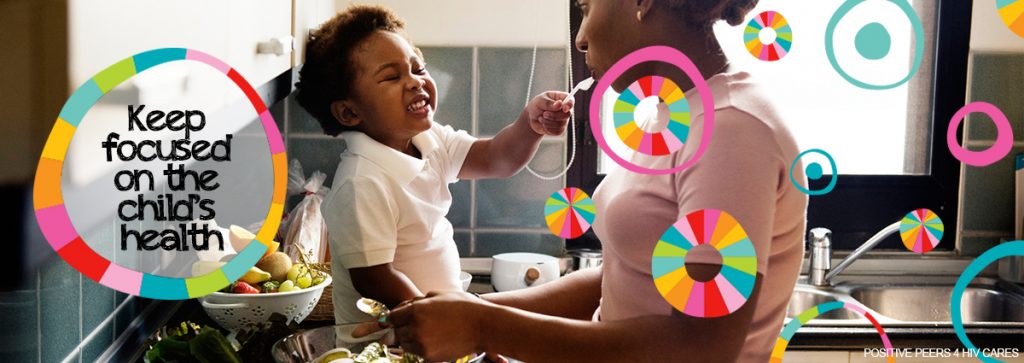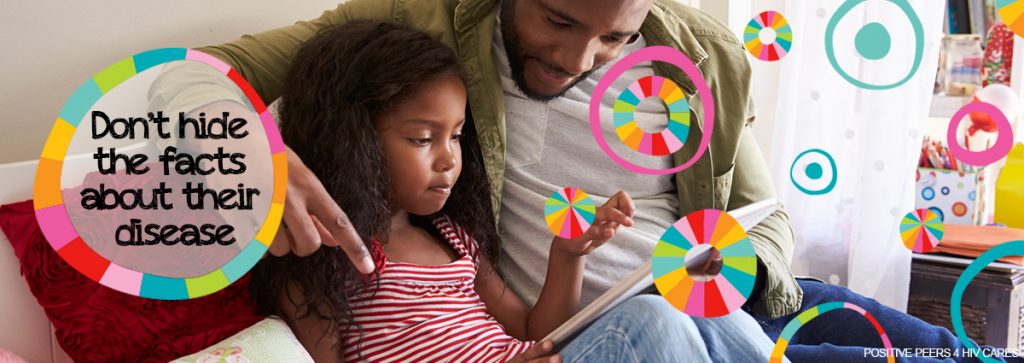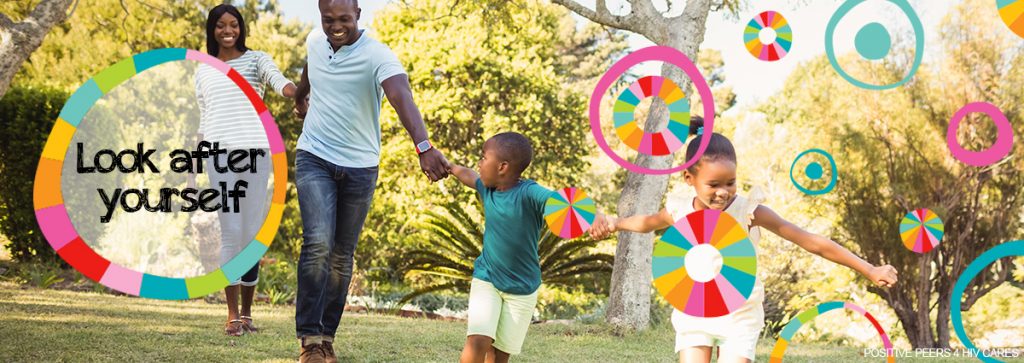
By: Jennifer McMillen Smith, LISW-S, HIV Social Worker at MetroHealth Medical Center and medically reviewed by Ann K. Avery, MD, Infectious Disease Physician at MetroHealth Medical Center
Caring for children who are living with HIV is a tough job. Parents (and any adults) have to respond carefully and thoughtfully to do what’s best for the child.
Whether your child contracted the virus at birth or later in life, you can be a strong support system that can empower them to live a healthy, happy life.
Their scenarios may be different, but it may be helpful for all adults working with children living with HIV to keep these tips in mind:

Keep focused on the child’s health
To stay healthy, kids who are living with HIV need three kinds of support:
- Emotional — keeping their outlook positive, encouraging grit and determination.
- Social — helping them find their way with friends, family, school, and their community.
- Medical — making sure they stay on their HIV prescriptions, keep vaccinations current, eat healthy foods, and get plenty of exercise.
This means caring for children living with HIV starts with putting their health first. Beyond the basics of emotional, social, and medical care, make sure they follow good hygiene like hand-washing and other disease-prevention techniques.
But don’t put your kid in a bubble — they still need to be allowed to have a childhood. There might be some rough-and-tumble play that ends in bloody noses and skinned knees, but there’s nothing to panic about if that happens.
When your kid gets into about the fifth or sixth grade, it might be a good idea to start talking to them about safe sex, condoms, and the risks of infection.
It’s your job to be an advocate and voice for your child. If they’re having a hard time with side effects, work with their HIV care team to get a treatment that works better.
Come join our private, stigma-free, supportive community.
Health management tools with medication & appointment reminders.
Social networking in a community conversation & private chats.
Avoid shame and stigma
Kids need to be told — and told again — that HIV is nothing to be ashamed of. It’s a disease we treat with medicine. People who are living with HIV who take their medicine every day and stay virally suppressed for at least six months cannot pass the virus on.
Don’t lie to your children about the outside world: They could meet kids who shame or stigmatize them. Remember: You can be an example of not letting what other people say or think get in the way of you taking care of yourself and being happy and healthy.
While you’re at it, you might want to help them find support groups and communities that share their perspective. Encourage them to volunteer to help other people living with HIV. That gives them a sense of belonging in a world that otherwise may be isolating at times.

Don’t hide the facts about their disease
Children need to be educated on the true nature of HIV. But it’s best if your lessons fit with their age and maturity level.
Preschoolers might understand that they have to take pills every day — but they don’t know they’re living with HIV or what it means. From about kindergarten through fourth grade, kids are getting smart enough to understand the basics of what HIV is all about, but they might not be mature enough to understand the social issues. From middle school through high school, children can start to understand how HIV fits in the social context of their lives, including sex and drugs.
Your doctors and HIV social workers can help walk you through these decisions.

Look after yourself
It’s tough work caring for a child, especially when living with a health challenge like HIV. If the stress or the workload is getting to you, find a way to take some time for yourself and get some rest. Consider taking up meditation or relaxation techniques. Make sure to carve out time for you, your partner, and any other children.
It can be easy to forget to take care of yourself when you give your child so much of your energy, resources, and time. Remember to take care of yourself — squeeze in some exercise, enjoy healthy meals, and get your much-deserved sleep.
Finally, we encourage you to keep everything in perspective and try to find balance. If you work too hard and burn yourself out, you’ll make things worse for your child. Strive for a happy medium that lets kids be kids and gives you enough breathing room to enjoy being a parent.
Related Blogs:

Why it’s important for people living with HIV to have mentors


